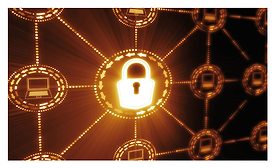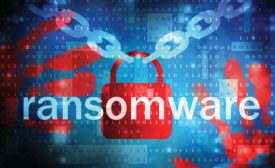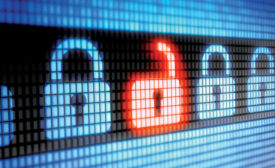Coronavirus and Business Continuity
CISOs struggling to prepare for upcoming security compliance audits
Survey finds CISOs highly interested in automation to address major concerns about doing more with less, preparing for audits remotely and speeding evidence collection
September 18, 2020
Get our new eMagazine delivered to your inbox every month.
Stay in the know on the latest enterprise risk and security industry trends.
SUBSCRIBE TODAY!Copyright ©2024. All Rights Reserved BNP Media.
Design, CMS, Hosting & Web Development :: ePublishing













